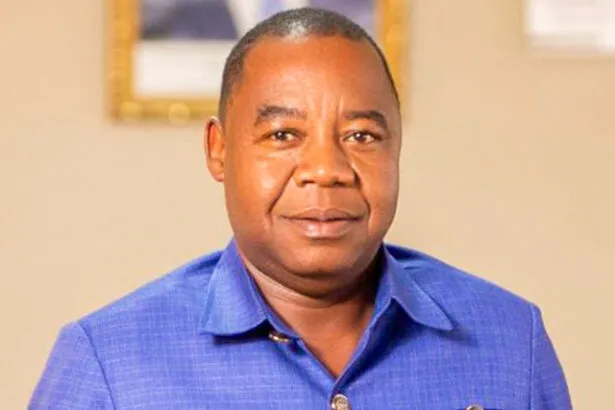The recent, unannounced reassignment of Abdulai Bashiru Dapilah from his position as Acting Executive Director of the Economic and Organised Crime Office (EOCO) to the National Security Secretariat as a Technical Advisor has stirred significant discussion and raised concerns regarding the stability of leadership within Ghana’s key institutions combating corruption and financial crime. Dapilah’s tenure at EOCO, which began only a few months prior, was abruptly cut short without a public explanation, leaving many to speculate about the underlying reasons for the move. This sudden shift has fueled uncertainty about the government’s strategy and long-term vision for these crucial agencies, particularly given the importance of consistent and effective leadership in tackling complex issues like economic crime.
Replacing Dapilah at the helm of EOCO is Raymond Archer, a seasoned investigative journalist with a reputation for uncovering financial malfeasance and corruption. Archer’s appointment as Acting Executive Director has been met with a mix of cautious optimism and curiosity. His extensive experience in investigative journalism, coupled with his deep understanding of the intricacies of financial crime, positions him as a potentially powerful force in reinvigorating EOCO’s mandate. Many observers view his appointment as a signal of the government’s intent to strengthen the fight against corruption, hoping that his investigative prowess will translate into tangible progress in pursuing and prosecuting economic crimes.
The contrast between Dapilah’s brief, uneventful tenure and Archer’s reputation for aggressive investigative journalism highlights the potential shift in EOCO’s operational approach. While Dapilah’s leadership style remains largely unknown due to his short time in office, Archer’s track record suggests a more proactive and potentially confrontational stance against corruption. This change in leadership style could significantly impact EOCO’s effectiveness and influence its relationships with other government agencies and the public. The coming months will be crucial in determining whether Archer can leverage his investigative skills to achieve concrete results and build public trust in the institution.
Despite the potential positive impact of Archer’s appointment, the lack of transparency surrounding Dapilah’s reassignment casts a shadow over the transition. The government’s silence on the matter has fueled speculation and raised concerns about potential political motivations behind the reshuffle. The absence of a clear explanation not only undermines public trust in the process but also raises questions about the government’s commitment to ensuring the independence and effectiveness of its anti-corruption institutions. Transparency and accountability are essential for maintaining public confidence in the fight against corruption, and the government’s opaque handling of this leadership change risks undermining these crucial principles.
While sources close to the government suggest the reshuffle may be part of a broader restructuring of the national security apparatus, this explanation remains unconfirmed and lacks specific details. Understanding the context of this reassignment within a larger strategic framework is crucial for assessing its potential implications. If the move is indeed part of a broader reorganization, it raises questions about the government’s overall vision for national security and the role of anti-corruption efforts within this framework. A comprehensive and transparent explanation of the government’s strategy would be essential for allaying concerns and ensuring public support for these important institutional changes.
In conclusion, the appointment of Raymond Archer as the new Acting Executive Director of EOCO presents both opportunities and challenges. While Archer’s investigative background and reputation offer the potential for renewed focus and momentum in the fight against economic crime, the circumstances surrounding Dapilah’s reassignment and the lack of government transparency raise concerns about the stability and independence of Ghana’s anti-corruption institutions. The success of this leadership transition will depend on Archer’s ability to effectively leverage his skills and experience, as well as the government’s willingness to provide clear explanations and demonstrate its commitment to transparency and accountability in the fight against corruption. The coming months will be critical in determining the direction and impact of these changes on Ghana’s efforts to combat economic crime and promote good governance.


